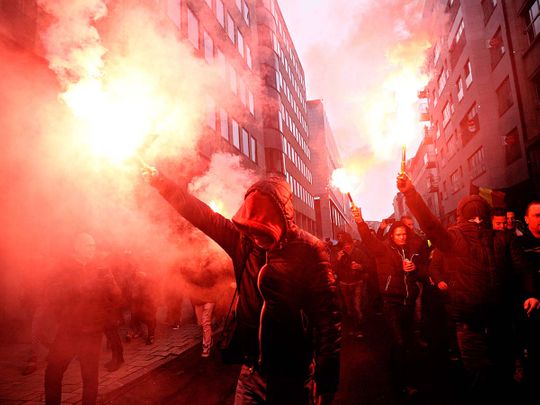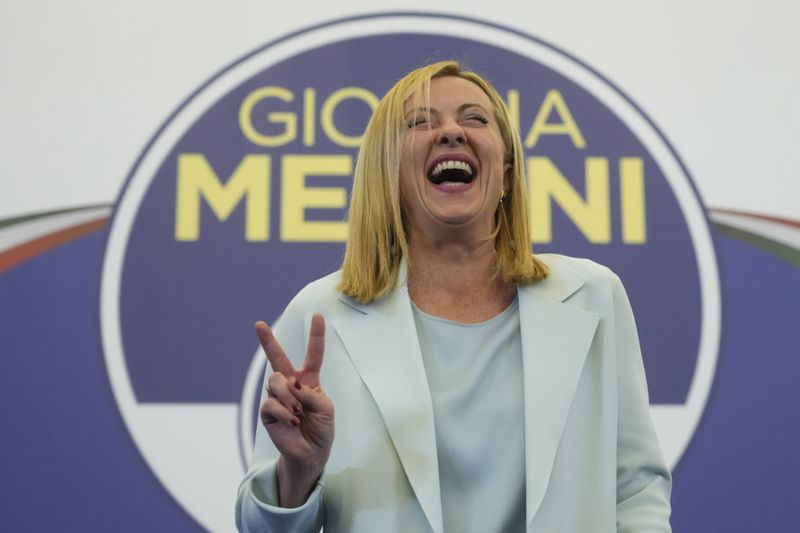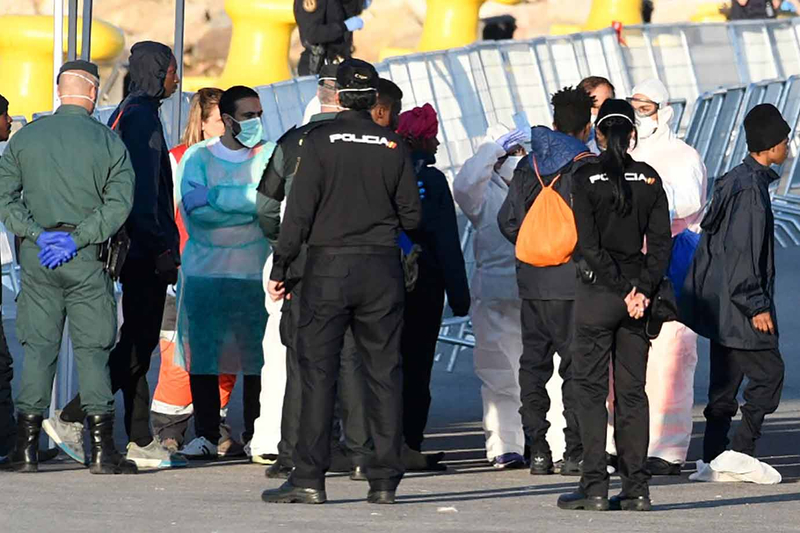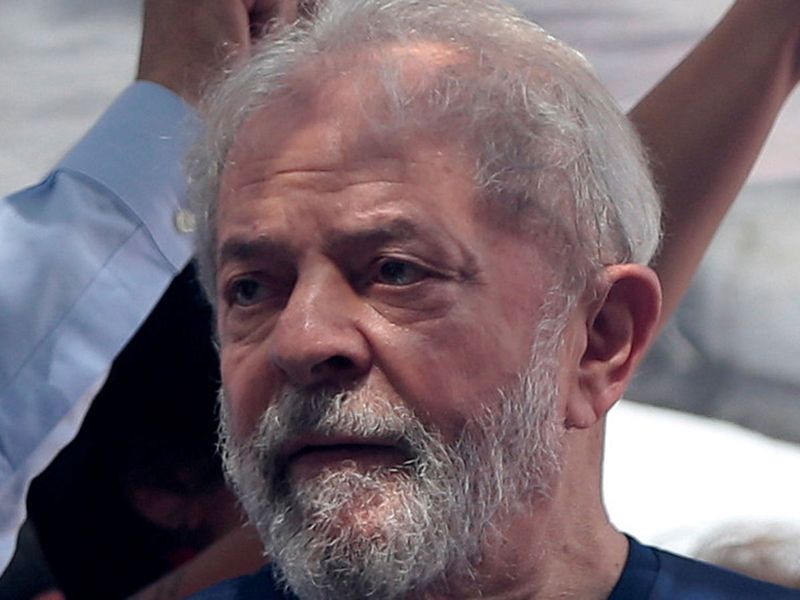
As journalists, political analysts and commentators in the region and beyond scrambled to pin labels on European far right parties that have either swept their rivals from the left and centre left to form the next government, as in the case of Italy, or appear to be ready to join a coalition as key partners, as the case appears in Sweden, it remains unclear how the EU, Nato, the southern Mediterranean countries will be affected by Europe’s new leaders.
The rise of the far right in Europe has been picking up pace since the Arab Spring of 2011 drove tens of thousands of migrants, predominantly Muslims, towards European southern shores. Under the Dublin agreement of 2013, allowing asylum seekers to enjoy similar levels of protection in all EU member states, Europe’s southern nations, such as Greece, Italy and Spain felt the brunt of receiving and hosting asylum seekers.

So-called social conservative parties, euphemism for ultranationalist religiously motivated movements, began to appeal to disgruntled voters on the basis of protecting Christian values from the menace of immigrants who threatened the nation’s identity.
With the conflict in Ukraine ushering in an unprecedented energy crisis, double digit inflation and an impending recession, Euro-sceptics joined the fray as well as those against Nato and the confrontation with Russia.
What is happening in Europe is more of a litmus test of what our world will look like in the coming years. The region will feel the winds of change and as a result it must be ready to adapt
Thus last month’s stunning victory of a far-right alliance in Italy led by Giorgia Meloni’s Fratelli d’Italia, Matteo Salvini’s Lega, and Silvio Berlusconi’s Forza Italia has come as no surprise, taken the country’s political evolution in the past two decades.
Her triumph has been celebrated by Hungary’s Viktor Orban, France’s Marine Le Pen and Spain’s Santiago Abascal. Theirs is a combination of populist and ultranationalist platform that seems to have worked before in America’s Donald Trump, and Brazil’s Jair Bolsonaro.

Meloni had since toned down her anti-EU rhetoric. But her anti-immigrant position and that of her partners will stand out once a government is formed. Closing Italy’s ports to asylum seekers and imposing a naval blockade will heighten tensions with Brussels, but it will also come at a price.
Italy needs to maintain good working relations with North African countries especially Algeria and Libya. Both are essential suppliers of energy that Europe’s fourth largest economy badly needs.
It remains to be seen what policy Meloni will adopt towards Ukraine, Putin’s Russia and the United States. Some analysts believe she will show moderation and restraint and back off from her fiery position before her election.
The fact that immigration has been a central issue for voters who elected the far right means that Brussels must also take note or risk facing a backlash in other European member states. One issue would be to amend the Dublin agreement where all member states would share responsibility towards asylum seekers while imposing quotas on their numbers.
While the rise of far right ultranationalist parties should worry many while begging for further study on its impact on liberal democracy, the EU, multipolarity, humanitarian law and others, there is some good news.
Left-winger Luiz Inácio Lula da Silva is slated to defeat Bolsonaro in Brazil’s second round presidential elections, although he is expected to deal with a conservative legislature. Trump’s ambition to run again in the US appears weaker today, although the Democrats are also vulnerable under Joe Biden.

In Israel a coalition of centrist parties is trying to derail Benjamin Netanyahu’s bid to return to power leading the farthest right alliance Israel had ever seen.
When it comes to countries in the Middle East, the rise of the far right is not necessarily bad news. Europe needs the region more than ever both on energy and on controlling immigration.
One thing is clear and that is the world is going through a transitional phase the likes of which we haven’t seen since the collapse of the Soviet Union. Europe is facing multifaceted crises and a war rages on between Russia and Ukraine.
What is happening in Europe is more of a litmus test of what our world will look like in the coming years. The region will feel the winds of change and as a result it must be ready to adapt.
Osama Al Sharif is a journalist and political commentator based in Amman.










